The Role Of Global Warming In Hurricane Intensity And Frequency

The Role of Global Warming in Hurricane Intensity and Frequency
Introduction
Hurricanes are devastating weather events that can cause loss of life and catastrophic damage to homes, businesses, and infrastructure. As our climate continues to change, it is becoming increasingly important to understand how global warming affects hurricane intensity and frequency.
What Causes Hurricanes?

The Basics
A hurricane is a large-scale tropical cyclone with winds that exceed 119 km/h (74 mph). It typically forms over warm ocean waters and has a low-pressure center or "eye" surrounded by a ring of thunderstorms called the "eyewall." Hurricanes are fueled by heat from the ocean, which causes moisture to evaporate and rise, leading to the formation of thunderstorms. When these thunderstorms rotate around a central point, they can create a low-pressure center that draws in more warm air, leading to the formation of a hurricane.
The Role of Sea Surface Temperatures
Sea surface temperatures play a critical role in hurricane formation and intensity. Warm water temperatures provide energy for hurricanes to form, intensify, and maintain their strength. As sea surface temperatures increase due to global warming, it is likely that hurricanes will become more intense in the future. A 2019 study published in the journal Nature found that the likelihood of a hurricane reaching Category 3 or higher has increased by about 8% per decade since 1979 due to warming oceans.
The Impact of Wind Shear
Wind shear, or the variation in wind speed and direction with altitude, can impact the formation and intensity of hurricanes. Strong wind shear can prevent the formation of hurricanes or weaken existing ones. However, weak wind shear can allow for the development and intensification of hurricanes. As the climate continues to change, it is unclear how wind shear will be impacted, which could have significant consequences for hurricane frequency and intensity.
How Does Global Warming Impact Hurricanes?

Increased Intensity
As previously mentioned, warming sea surface temperatures can lead to the increased intensity of hurricanes. A warmer ocean provides more energy for hurricanes to form and intensify, allowing them to grow stronger and more dangerous. A study published in the journal Scientific Reports found that hurricanes are intensifying faster than they did 30 years ago, which could be attributed to increases in sea surface temperatures caused by global warming.
Changes in Frequency
The impact of global warming on hurricane frequency is less clear. Some studies have suggested that a warmer climate could lead to an increase in the number of hurricanes, while others have suggested that there could be no significant change in frequency. One study published in the journal Proceedings of the National Academy of Sciences found that the number of hurricanes in the Atlantic could increase by up to 45% by the end of the century due to global warming.
Impact on Storm Surge
Storm surge, or the rise in ocean water level caused by a hurricane, is one of the most dangerous and destructive aspects of these weather events. As sea levels rise due to global warming, storm surge is likely to become more severe and cause even more damage. A 2018 report from the Union of Concerned Scientists found that by the year 2030, almost 311,000 homes in the United States are at risk of experiencing chronic flooding due to sea level rise caused by global warming.
Frequently Asked Questions
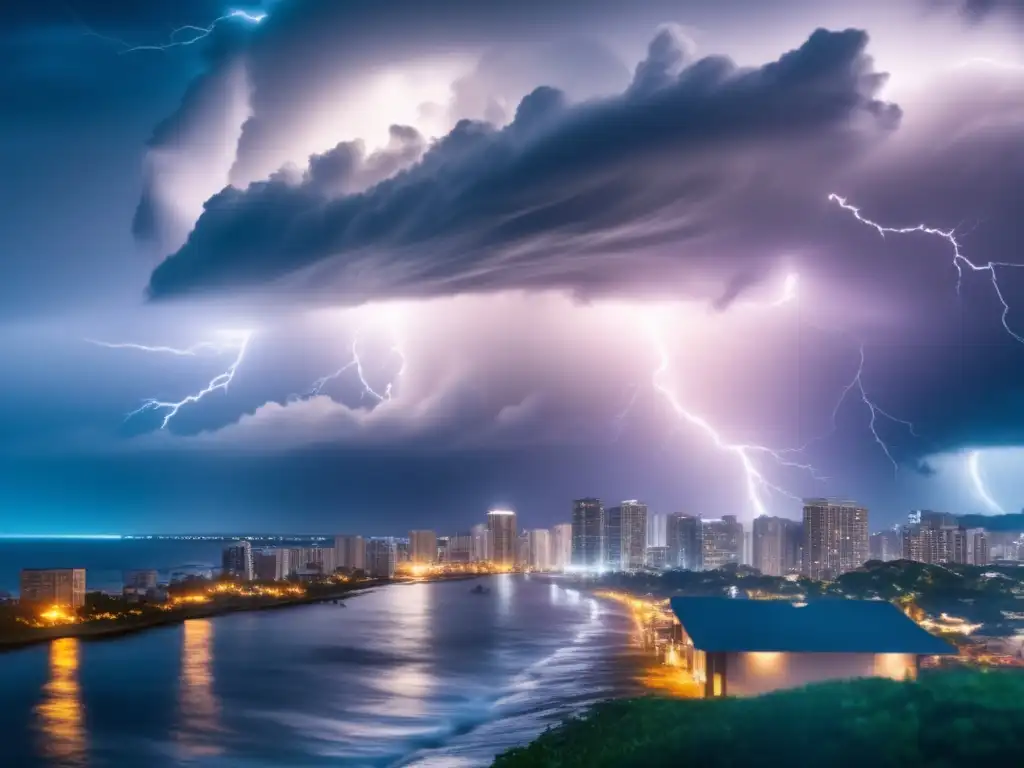
-
Do hurricanes always get stronger as the ocean warms?
While warmer sea surface temperatures can provide more energy for hurricanes to form and intensify, other factors like wind shear can impact their strength as well. However, overall, increased ocean temperatures due to global warming have been linked to higher hurricane intensity.
-
Will global warming lead to more hurricanes?
The impact of global warming on hurricane frequency is less clear, with some studies suggesting there could be an increase in the number of hurricanes and others suggesting there could be no significant change in frequency.
-
Can global warming cause a hurricane by itself?
No, global warming does not directly cause hurricanes. However, it can impact the conditions and factors that contribute to hurricane formation and intensity, such as warm sea surface temperatures.
-
What can be done to mitigate the impact of global warming on hurricanes?
Reducing greenhouse gas emissions and transitioning to clean, renewable energy sources can help slow the rate of global warming and mitigate its impact on hurricanes and other extreme weather events.
-
What should I do to prepare for a hurricane?
It is essential to have a plan in place for evacuation, securing your home, and gathering necessary supplies like food, water, and medications. Refer to local authorities and the National Hurricane Center for specific instructions and guidance based on your location.
Conclusion
Global warming is having a significant impact on our climate and weather patterns, including hurricanes. As sea surface temperatures continue to warm, hurricanes are likely to become more intense, and storm surge could become more severe, leading to more significant damage and loss of life. It is imperative that we take action now to reduce greenhouse gas emissions, transition to clean energy sources, and mitigate the impact of global warming on hurricanes and other extreme weather events.
For those living in hurricane-prone areas, it is essential to stay informed and prepared for potential storms by having an evacuation plan and necessary supplies. The general public can also do their part by supporting policies and initiatives that address climate change and promote a more sustainable future.
Additional Resources
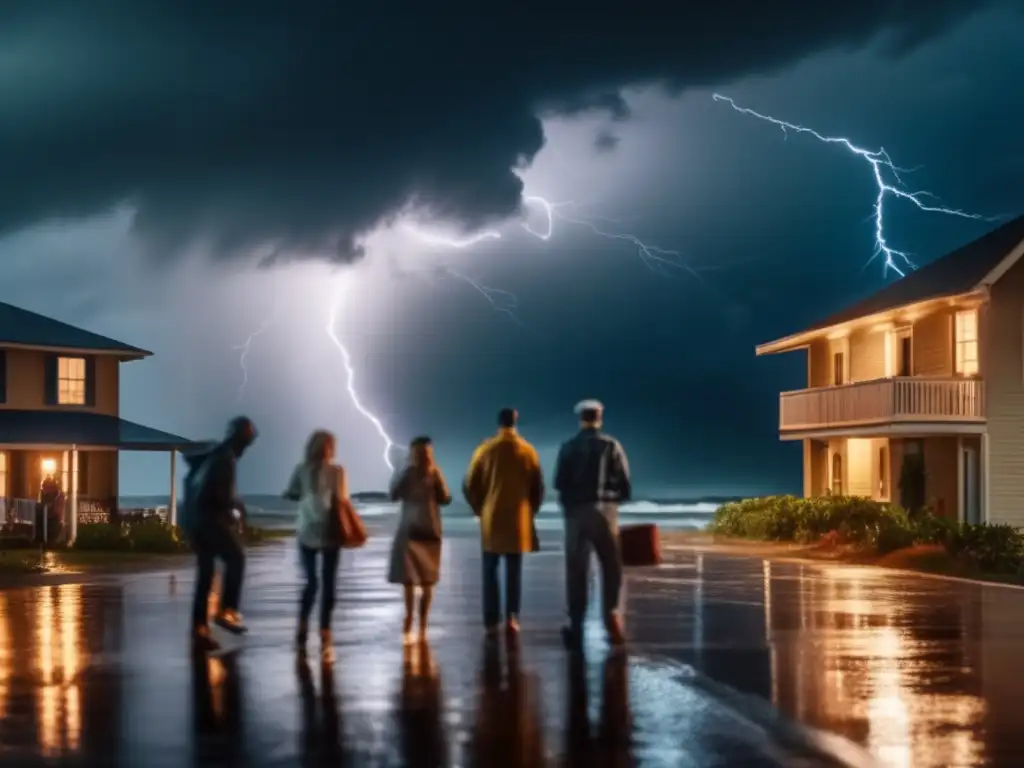
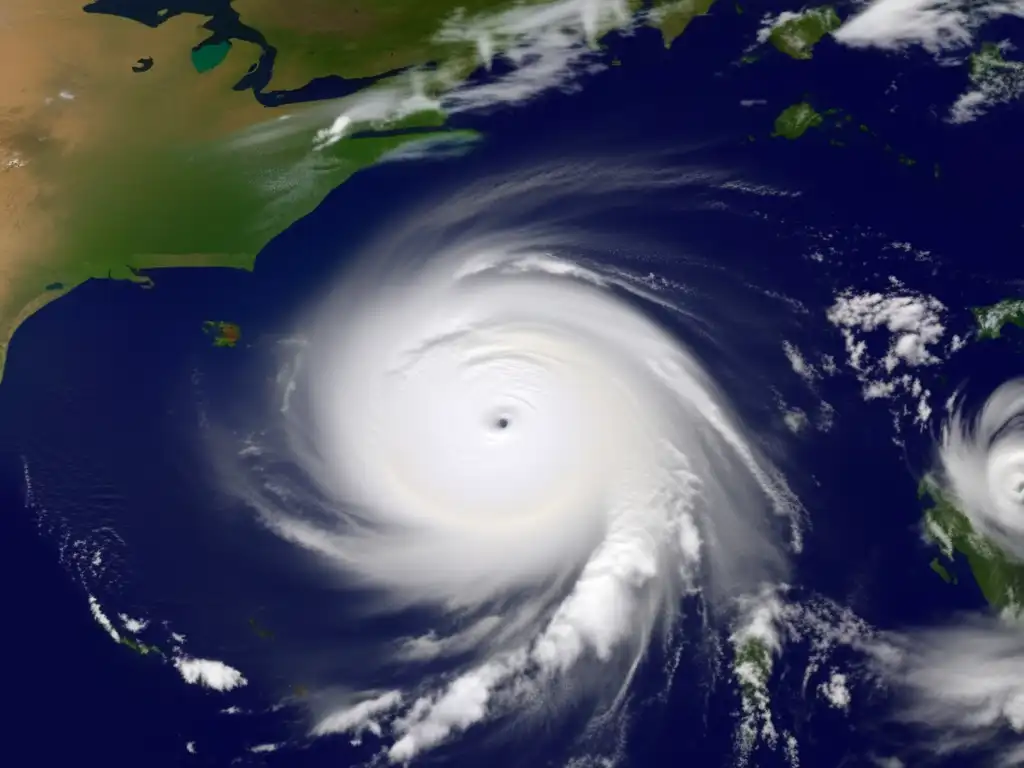 10 Smallest Hurricanes On Record
10 Smallest Hurricanes On Record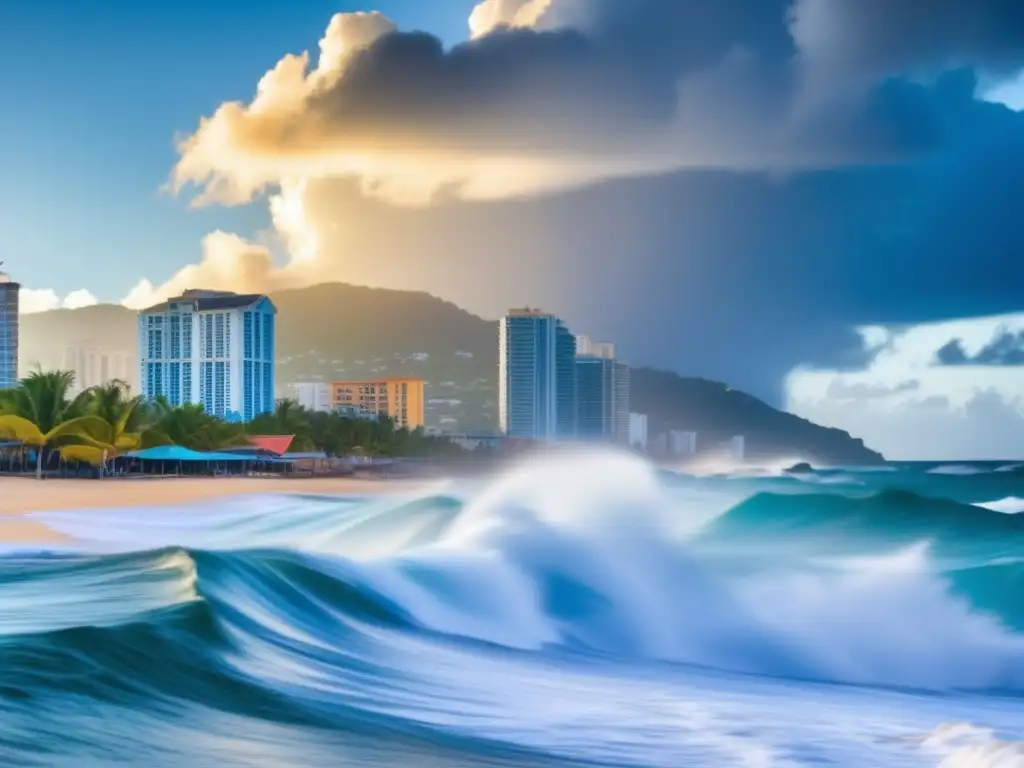 A Chronicle Of The Worst Hurricane Seasons In The Caribbean
A Chronicle Of The Worst Hurricane Seasons In The Caribbean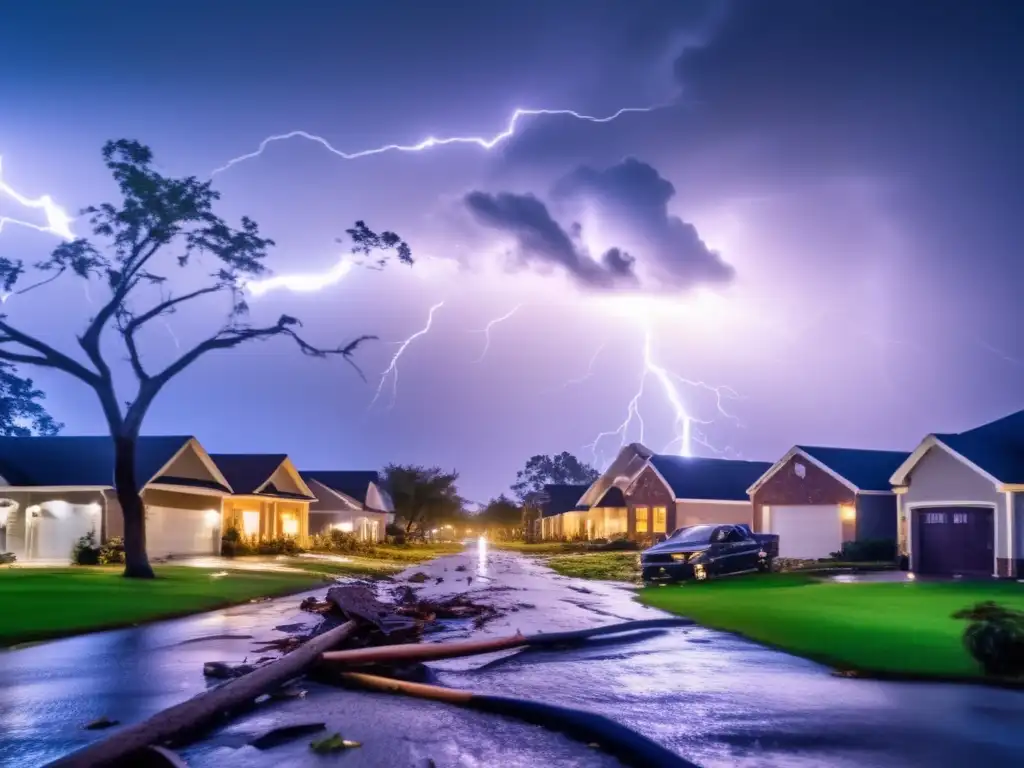 The Power Outage Problem In Hurricanes
The Power Outage Problem In HurricanesIf you want to discover more articles similar to The Role Of Global Warming In Hurricane Intensity And Frequency, you can visit the Basic knowledge about hurricanes: category.
Leave a Reply

Articulos relacionados: